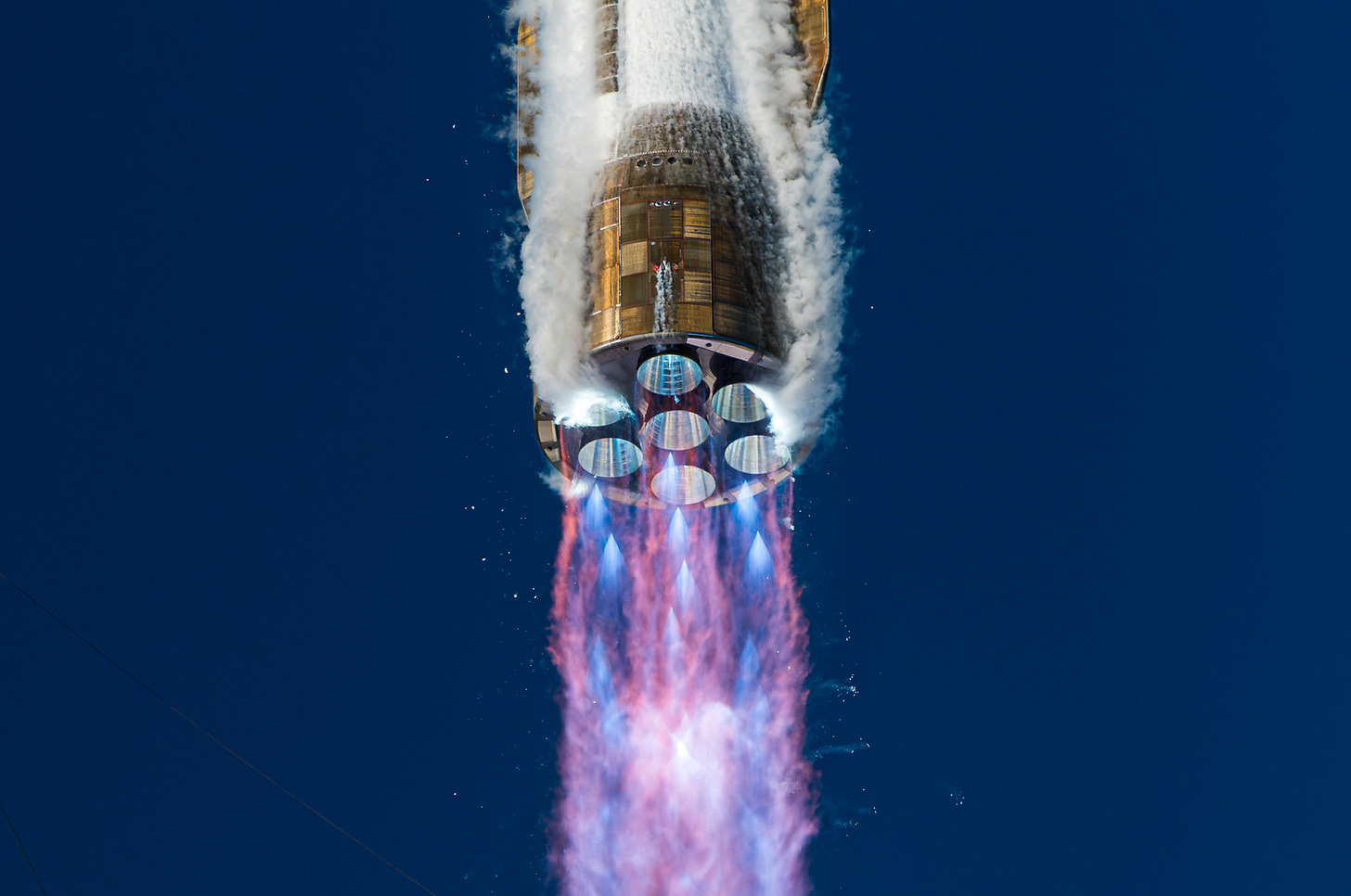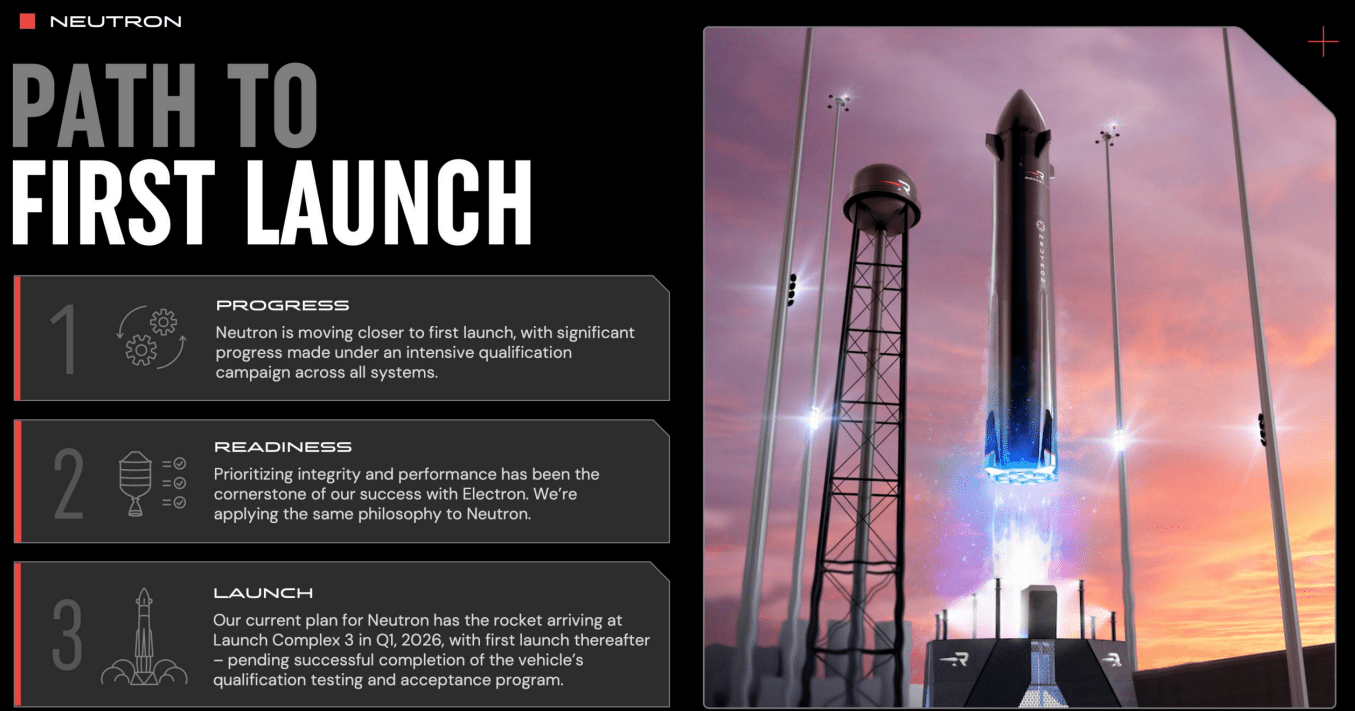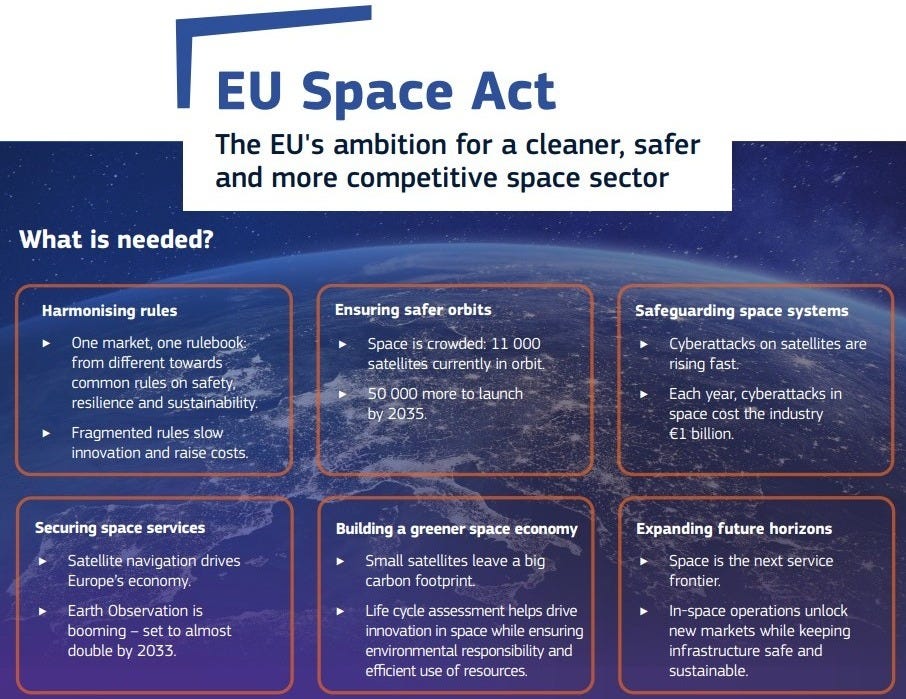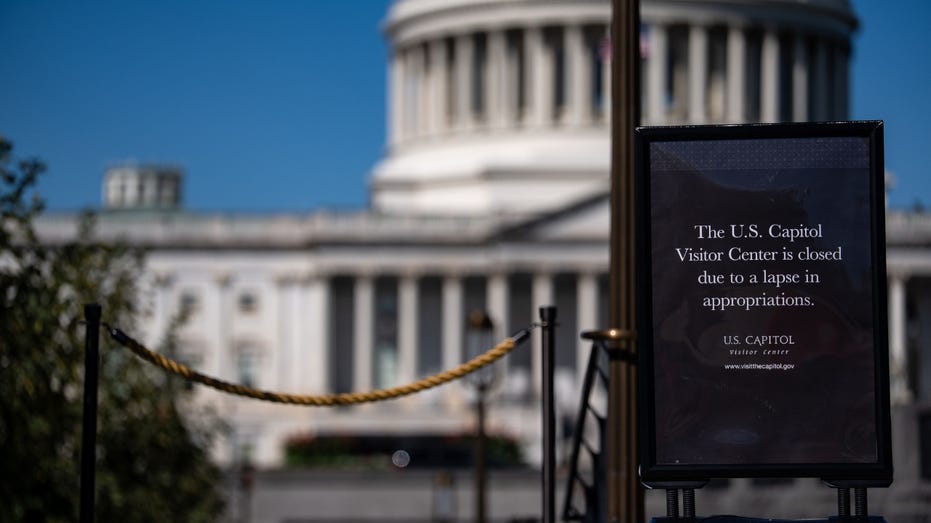This Week in Launch – #9
New Glenn lands, Neutron slips, the sun explodes twice, and more
Welcome to the ninth issue of This Week in Launch, a roundup of space-related news posted each week!
Let’s dive in…
Good Rockets Come to Those Who Wait
Monday morning, Rocket Lab announced its new reusable rocket, Neutron, will not launch in 2025.
Although officially slated to launch this year, the news wasn’t really a surprise. It’s been obvious for months that a slip into 2026 was inevitable.
“We’ve seen what happens when others rush to the pad with an unproven product, and we just refuse to do that. You won’t see us minimizing some qualifier about just clearing the pad and claiming success.” – CEO Peter Beck
Unlike its rivals, SpaceX and Blue Origin, Rocket Lab is a public company and has additional motivations to err on the side of caution. With stock (NASDAQ: RKLB) up 150% in the last six months and a billion-dollar war chest, they have no reason to rush.
The Sun Explodes… Twice
On Tuesday, the largest solar flare of the year erupted, bathing the Earth in radiation and sending Aurora Borealis lights as far south as Mexico.

Then it happened again. On Friday, another major eruption unleashed the second most powerful eruption of 2025, from the same hyperactive sunspot region just days before, causing radio blackouts all over Africa.
Life, Liberty, and the pursuit of Regulation
On Tuesday, the U.S. State Department — with input from over 70 U.S. companies — sent a strongly worded memo to the EU, basically telling them to “stop regulating everything”, in response to Brussels’ new EU Space Act proposal.
The proposal will make a single regulatory framework for space activities across the EU’s 27 member states. This is a good thing. Europe’s space regulations today are fragmented, with 13 different national laws.
What gets contentious is the Act’s extraterritorial reach to US firms, which dominate the global space market. If approved, US operators will need to navigate new compliance layers if serving EU customers, adding 3-10% to manufacturing costs and up to 10% to IT budgets for cybersecurity.
TBD on what happens next.
France Bumps Space Spending
European space funding is set to surge. On Wednesday in Toulouse, French President Emmanuel Macron did two things:
Inaugurated the country’s first Space Command facility
Announced nearly $30 billion in Space spending over the next 5 years — nearly double the current spend
The announcement follows Germany’s $40 billion total commitment to space defense spend by 2030.
“Space is no longer a sanctuary; it has become a battlefield.” — French President Emmanuel Macron, during his speech
Get Back to Work
As of Wednesday, the longest government shutdown in U.S. history is officially over, with President Trump signing legislation that funds operations through January 30, just hours after the House of Representatives passed the package by a vote of 222-209.
What does this mean for the space community?
Good things. Over 15,000 NASA employees can now return to work after furlough, and its aerospace contractors, slowed by delayed payments and paused collaborations, can resume business as usual.
Just a day before, Boeing ended its own sort of internal shutdown. Roughly 3,200 defense workers, who had been on strike for over three months, finally accepted a new contract.
“Now Boarding Service to Mars”
The biggest news this week happened on Thursday, when Blue Origin became the second company in history (after SpaceX) to land an orbital rocket booster — a massive milestone in lowering the cost to space.
“We achieved full mission success today, and I am so proud of the team,” said Dave Limp, CEO of Blue Origin.

With only their second flight to orbit, Blue Origin now needs to quickly ramp up manufacturing and launch pace to seriously capture market share from SpaceX, which is rapidly developing Starship.
Space Internet: Add to Cart
On Thursday, Amazon’s satellite internet product, “Project Kuiper,” rebranded as “Amazon Leo,” a nod to the L-to-E or Launch-to-Orbit concept, unveiled its logo, matching the parent company’s A-to-Z branding, and making it much easier for non-space-familiar customers to remember and pronounce.
Can’t Park There Mate!
On Friday morning (Beijing time), the 20th crew of the Chinese Tiangong space station safely returned to Earth using the 21st crew’s capsule, landing in Mongolia, following a record 204-day stay in orbit.
They couldn’t use their own capsule because space debris broke its window.
China Manned Space Agency revealed details about the debris damage for the first time on Friday, saying “tiny cracks” were found in a small window of the Shenzhou-20 spacecraft’s return capsule.
“The capsule does not meet the safety requirements for a crewed return, Shenzhou-20 will remain in orbit and conduct relevant experiments.” — CMSA in a statement
That’s all for now! If you enjoyed reading this, leave a like and share with anyone else interested in the rapidly accelerating space industry.
– David






